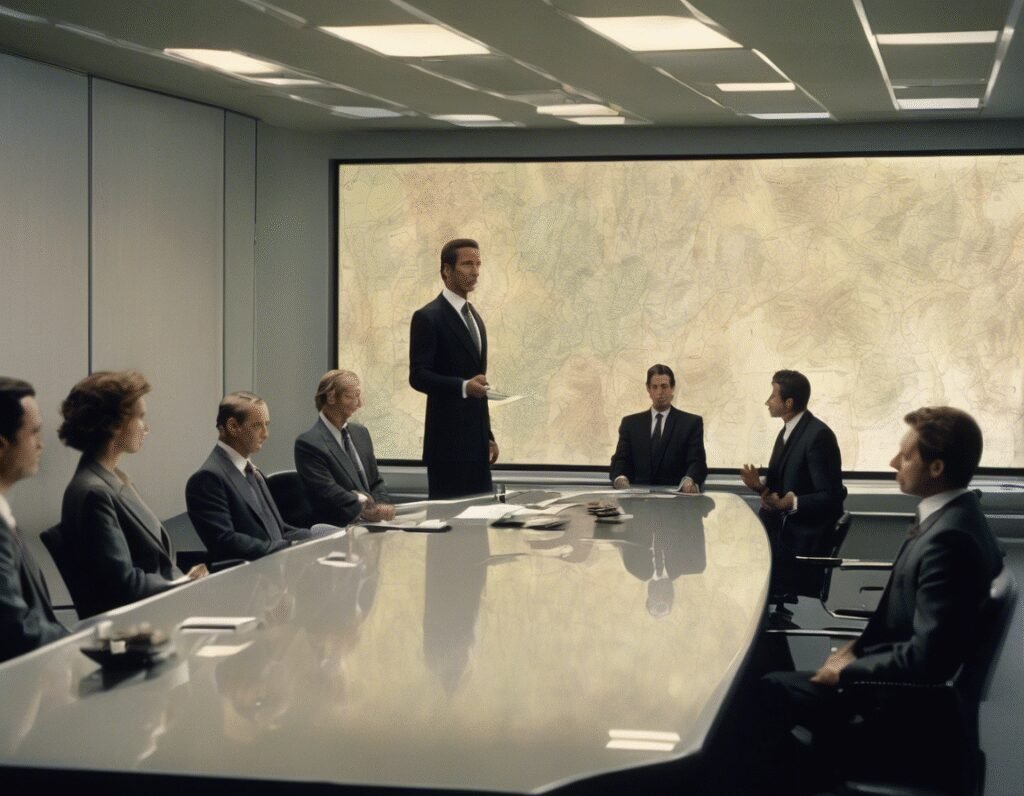Intel CEO Lip-Bu Tan has responded to criticism from Donald Trump, who accused him of being highly conflicted and called for his resignation. Tan addressed the allegations in a letter to Intel employees, stating that misinformation has been circulating about his past roles. He emphasized that he has always adhered to the highest legal and ethical standards and confirmed that Intel is working with the White House to clarify the situation.
The controversy stems from a letter sent by Republican Senator Tom Cotton, who leads the Senate Intelligence Committee. Cotton raised concerns about the security of Intel’s operations and Tan’s previous business ties to China. Tan’s venture capital firm has invested in Chinese tech companies, including SMIC, the country’s largest chip manufacturer.
Further complicating matters, a company Tan previously led recently admitted to violating U.S. export controls by supplying semiconductor design tools to a restricted Chinese military university. The company agreed to plead guilty and pay over $140 million in penalties.
Tan took over as Intel CEO during a challenging period for the company. Intel has struggled with its foundry business, losing ground to competitors like TSMC and failing to attract major customers. Since assuming leadership, Tan has implemented cost-cutting measures and suggested that Intel may need to abandon its next-generation fabrication technology if it cannot secure a large client. Despite these challenges, Intel’s board has expressed full support for Tan’s efforts.
Trump has a history of intervening in corporate affairs, targeting companies ranging from Apple to Bank of America. His aggressive stance has led some analysts to describe his administration as the most interventionist in recent memory, even for a Republican president. Critics note that his policies have had a more significant impact on businesses than previous Democratic administrations.
The situation highlights ongoing tensions between U.S. tech leadership and geopolitical concerns, particularly regarding China. As Intel navigates these challenges, Tan’s leadership remains under scrutiny.

